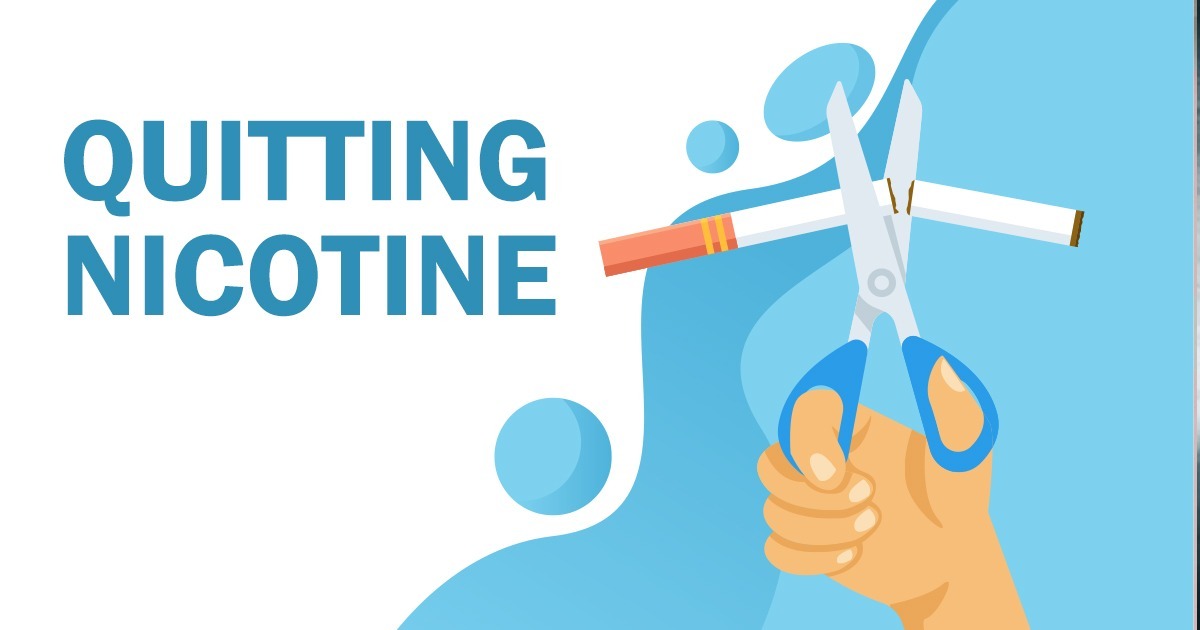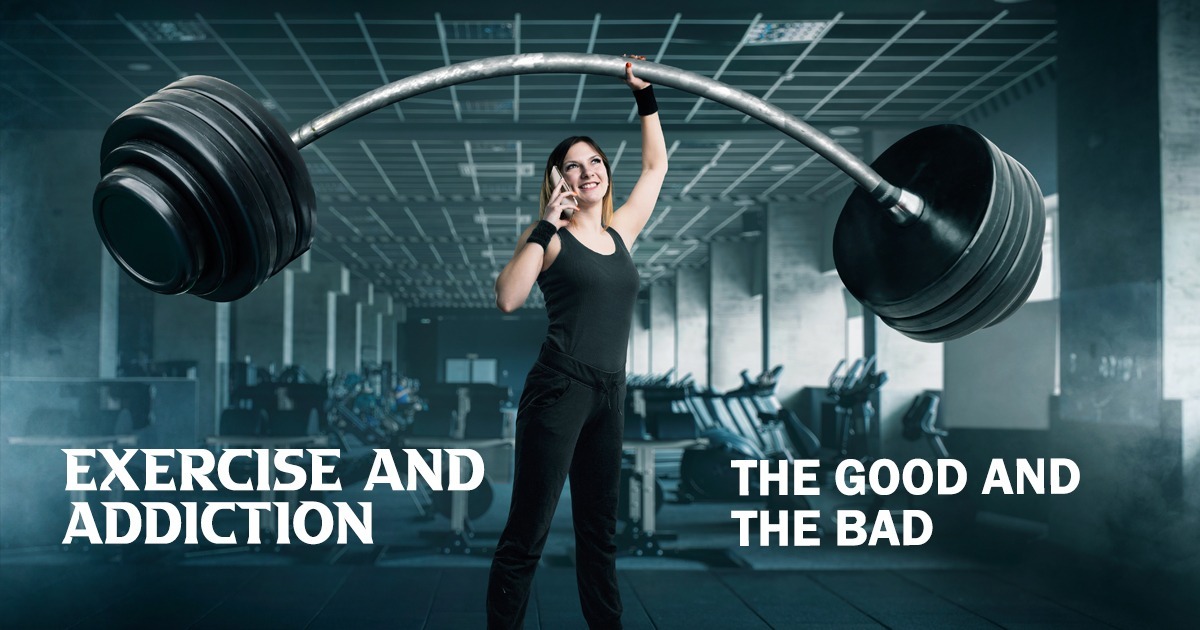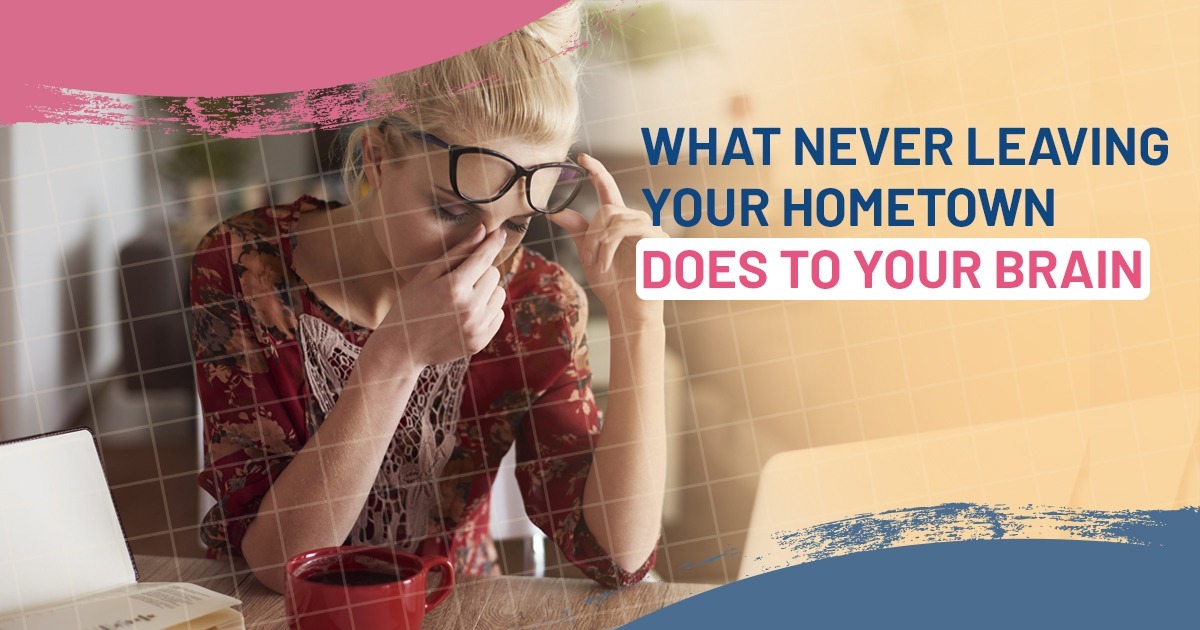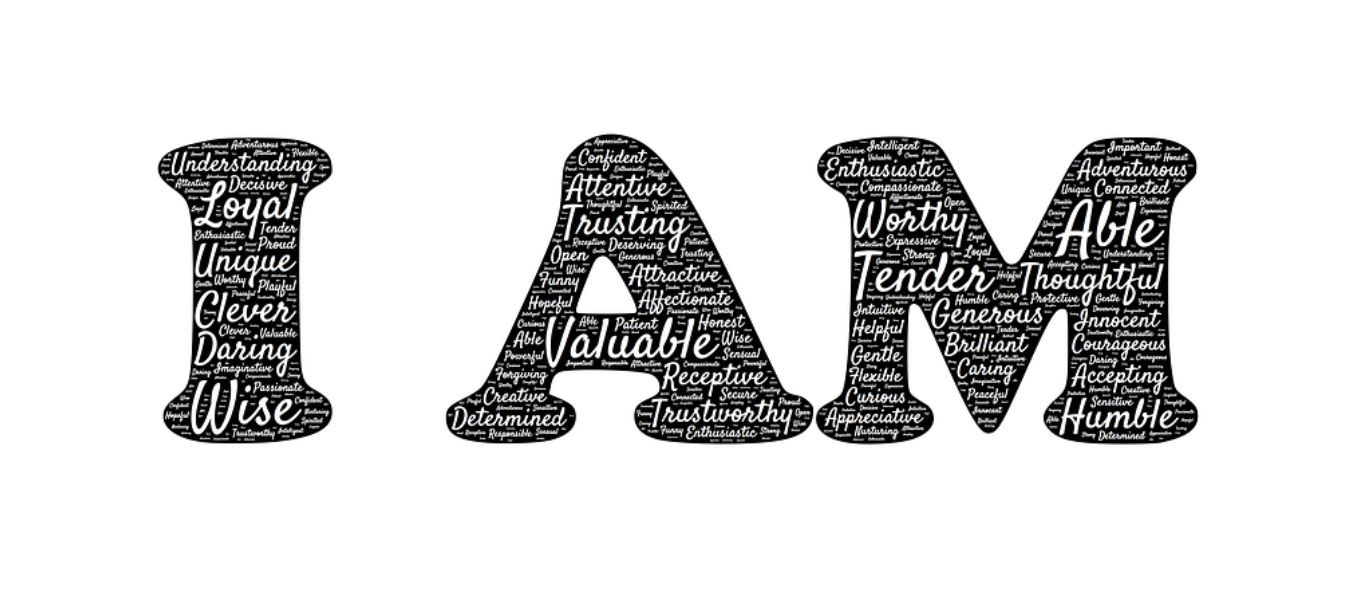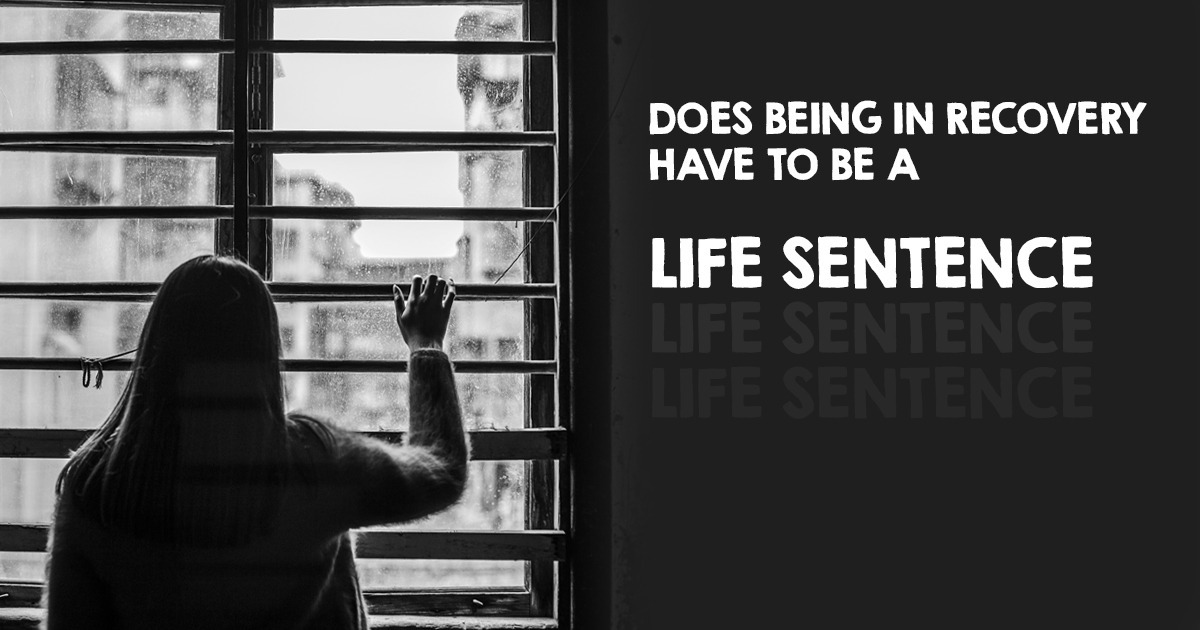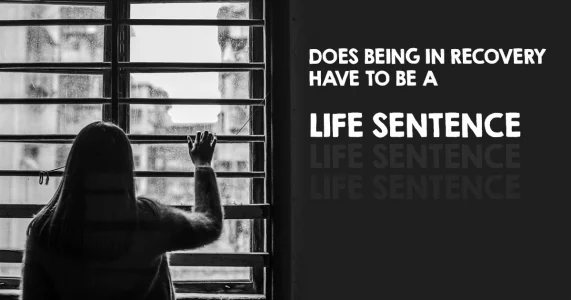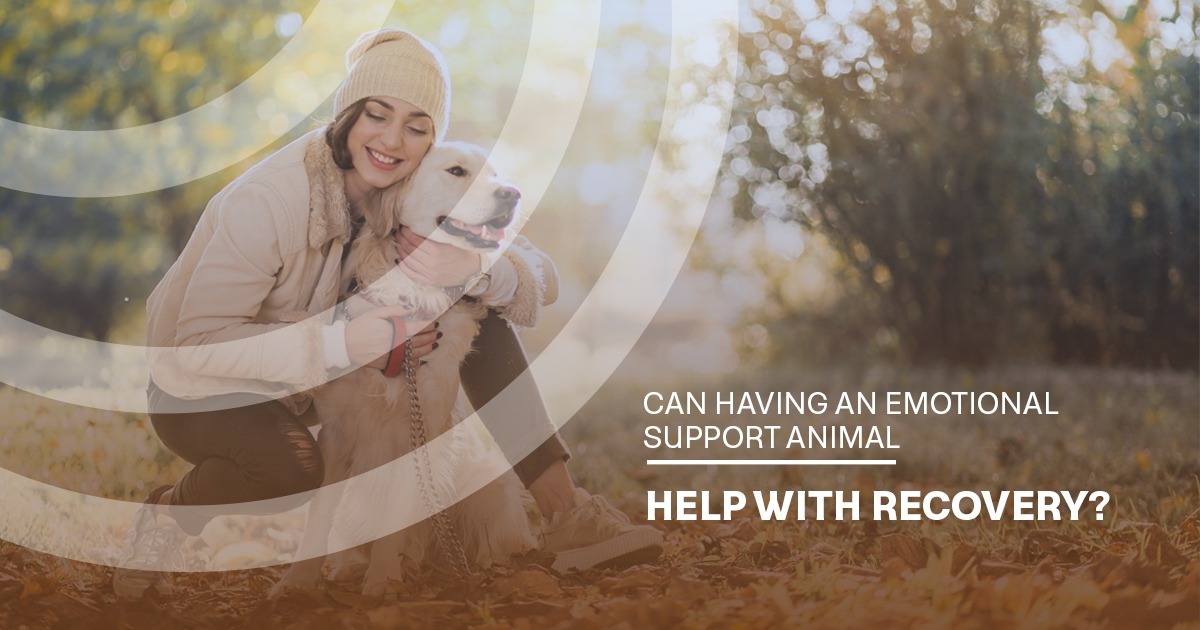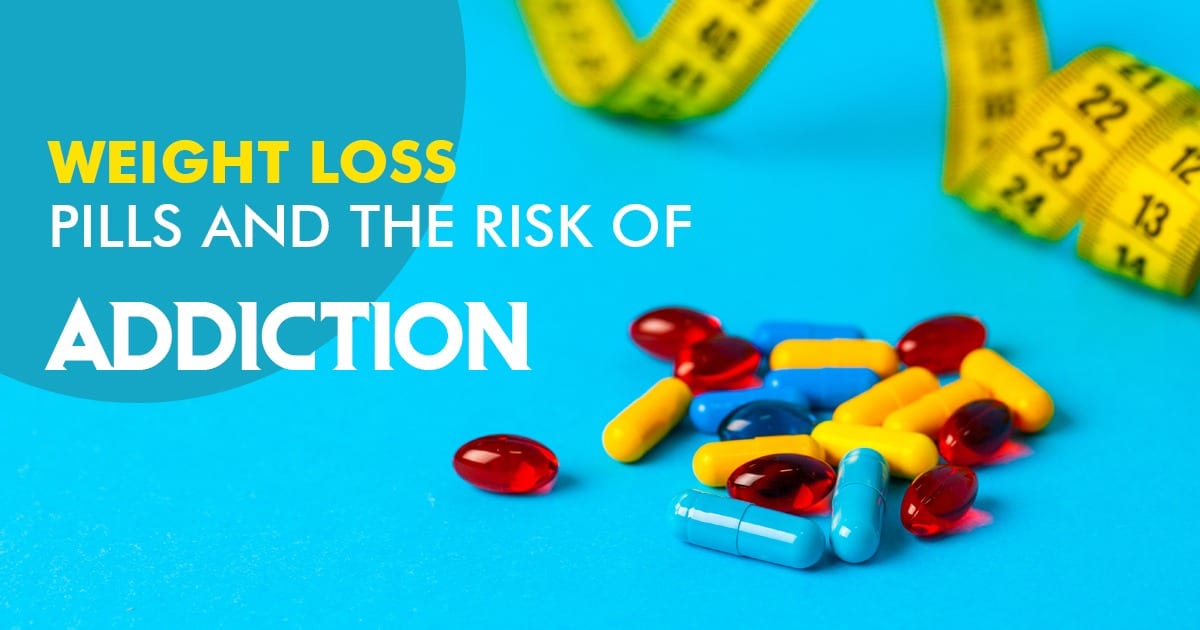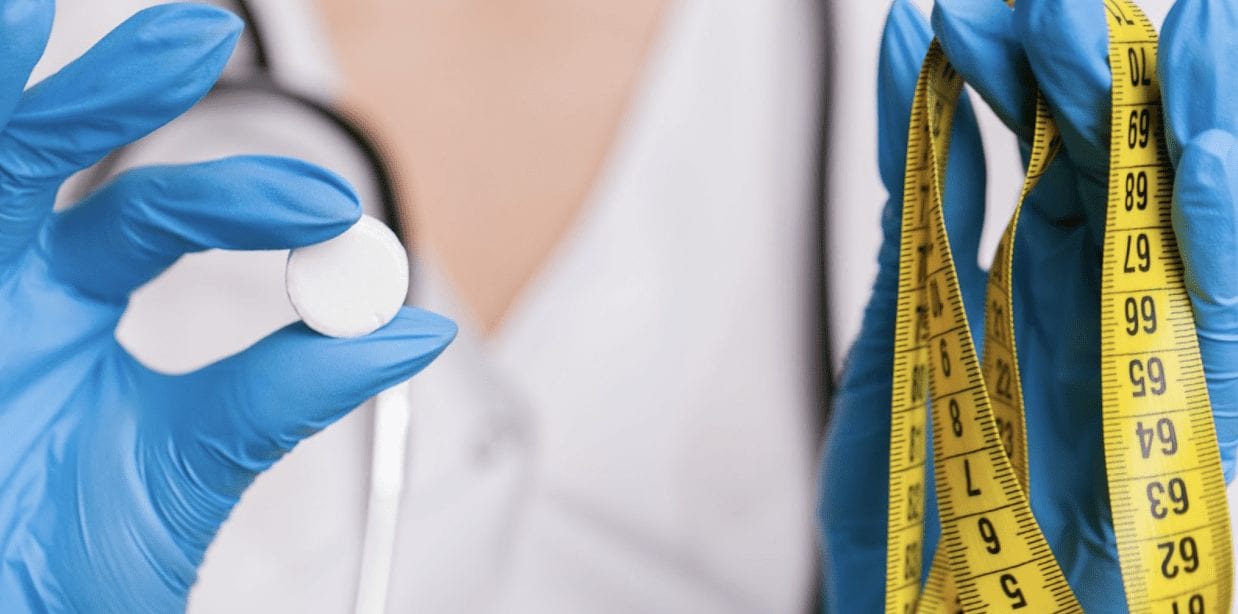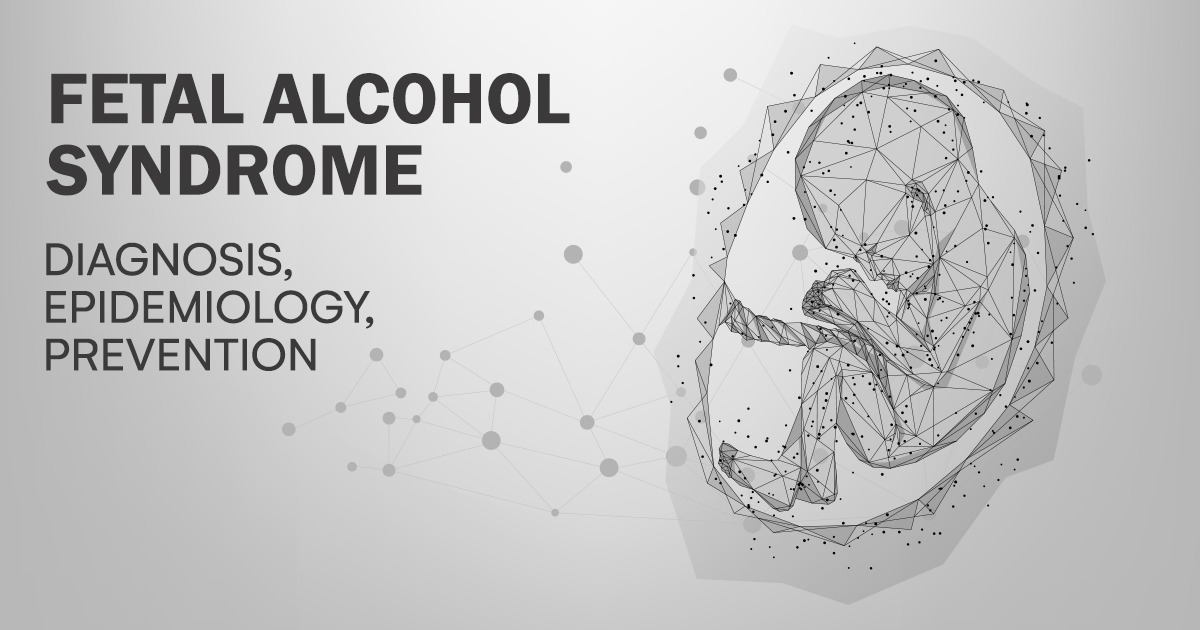
Fetal alcohol syndrome (FAS) is also known as a fetal alcohol spectrum disorder (FASDs). FASDs include conditions occurring when you drink alcohol during your pregnancy leading to prenatal alcohol exposure. Effects of drinking alcohol during pregnancy can include physical problems and issues with learning and behavior. While it’s devastating for your child to receive a diagnosis of FAS, it is preventable.
With that in mind, below, we’ll talk about fetal alcohol syndrome, diagnosis, epidemiology, prevention, and treatment.
An Overview of Fetal Alcohol Syndrome
When you drink alcohol during pregnancy, it can pass to your baby through the umbilical cord, potentially leading to alcohol-related birth defects and fetal alcohol brain damage. There’s not a known, safe amount of alcohol you can consume during pregnancy. If you’re trying to get pregnant, you should also stop drinking.
If you’re pregnant and drink, the fetus can’t process alcohol through the liver or other organs. The alcohol exposure is the same as the amount in your bloodstream, but exposure lasts longer for the baby. Prenatal alcohol exposure in human populations affects fetal development, especially in the brain and central nervous system.
Some of the ways prenatal alcohol exposure can lead to alcohol-related birth defects include:
- If you drink alcohol, including hard liquor, beer, and wine, it can kill cells in the fetus that lead to problems with physical development and secondary effects.
- Prenatal alcohol exposure impacts the development of nerve cells, including how they travel to different parts of the brain.
- Alcohol consumption during pregnancy constricts blood vessels, slowing blood flow to the placenta. The result of restricted placental blood flow can be a shortage of oxygen and nutrients to the baby.
- While your body processes alcohol, it produces toxic byproducts. These toxins can accumulate and cause structural brain abnormalities and other types of brain damage.
Even before you know you’re pregnant, your alcohol intake could affect your developing baby or lead to secondary disabilities like alcohol-related neurodevelopmental disorder.
How Prevalent are FASD and Prenatal Alcohol Exposure?
Getting an overview of fetal alcohol syndrome diagnosis, epidemiology, prevention, and treatment relies on understanding the prevalence.
According to the Centers for Disease Control and Prevention (CDC), we don’t know how many people have fetal alcohol spectrum disorders. We use varying approaches to estimate how many people in our population might be living with the condition.
- Using medical records primarily, studies from the CDC show a rate of 0.2 to 1.5 infants with FAS for every 1,000 births in the United States.
- Recently, an epidemiological study by the CDC found FAS in 0.3 out of 1,000 children between 7 and 9.
- According to studies from the National Institutes of Health using physical exams, the actual range of FASDs in the United States and some countries in Western Europe could be as high as 1 to 5 per 100 children—around 1% to 5% of the population.
- A study from 2020 published in the American Journal of Preventive Medicine found patterns of maternal alcohol exposure and binge drinking in pregnant women between 18 and 44 in the U.S. went up from 2011 to 2018.
- Having at least one alcoholic beverage among pregnant women in the past 30 days went up from 9.2% in 2011 to 11.3% in 2018.
- Binge drinking (four or more drinks in a sitting) increased from 2.5% to 4% in that same period.
Symptoms of FASDs
Fetal alcohol spectrum disorders are a collection of diagnoses. These represent a range of things that can occur when a mother drinks during her pregnancy. The symptoms affect everyone differently. FASDs symptoms can also range from mild to severe.
Symptoms of fetal alcohol effects can include:
- Poor coordination and motor skills
- Hyperactivity
- Short attention span
- Poor memory
- Low birth weight
- Problems in school or with social skills
- Increased likelihood of defiant disorder or other mental health problems
- Learning disabilities
- Poor impulse control
- Low IQ
- Intellectual disability
- Sucking and sleep problem as a baby
- Hearing or vision problems
- Problems with the kidneys, bones, or heart
- Being shorter than average in height
- Small head
- Facial abnormalities including a smooth ridge between the upper lip and nose, known as the philtrum
Diagnosing FAS
It can be difficult to accurately diagnose fetal alcohol exposure because there aren’t specific medical tests available or set guidelines for diagnosis. There’s also the issue of a differential diagnosis since many symptoms of FASDs overlap with other conditions such as attention-deficit hyperactivity disorder (ADHD).
To make a diagnosis, a doctor might consider:
- Prenatal alcohol exposure
- Lower-than-average height, weight, or perhaps both
- Abnormalities in facial features
- Central nervous system problems like poor coordination and hyperactivity
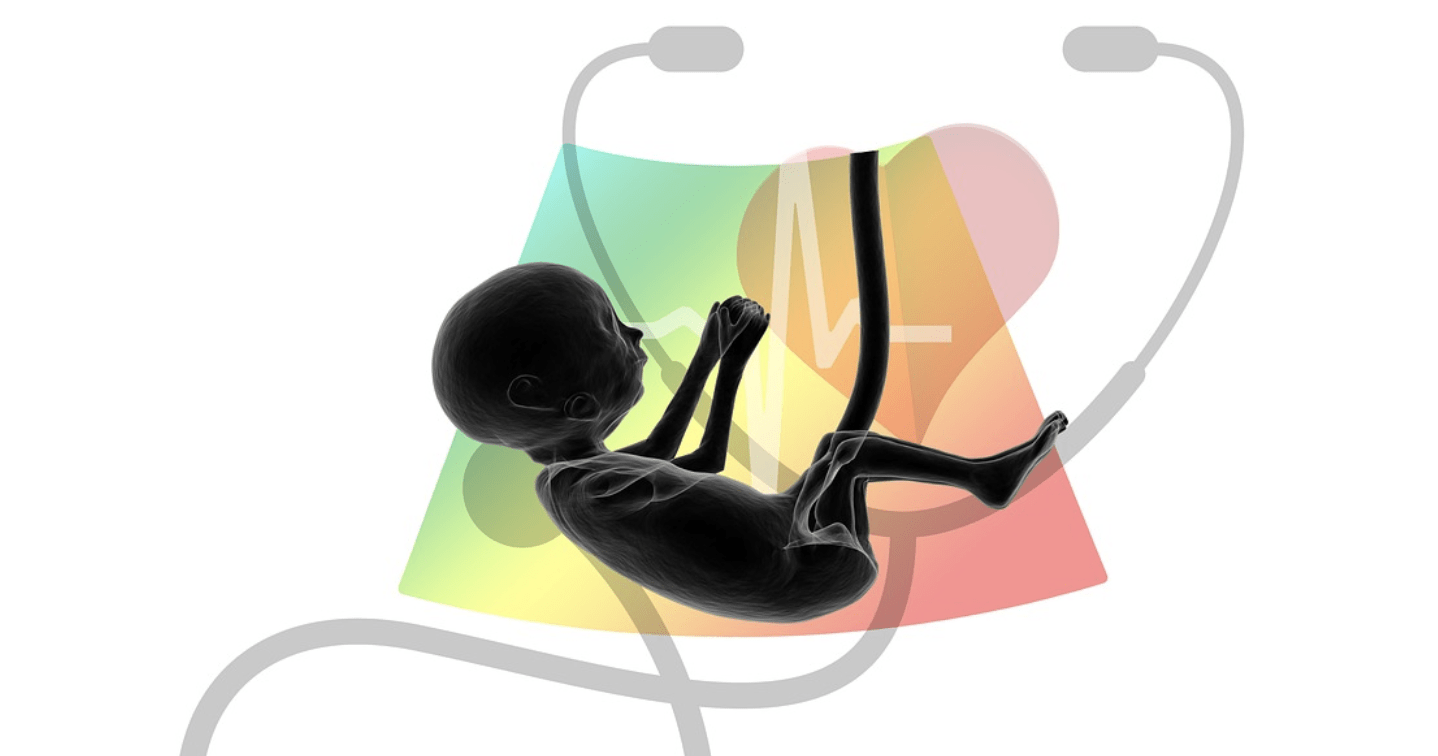
Can FAS Be Treated?
The effects of fetal alcohol syndrome are lifelong, but early intervention can help a child’s development. Treatments include medications and medical care for symptoms, behavioral and educational therapy, and parental training. Researchers also identified protective factors. These reduce the adverse effects of FAS on children and include a diagnosis before the age of six, a loving environment during school years, and an absence of violence in a child’s life. Using special education and social services is also a protective factor.
If you believe your child has symptoms of FAS, but you aren’t sure, talk to your health care provider, who can then refer you to a specialist for intervention services. Specialists include developmental pediatricians and mental health professionals like child psychologists. There are clinics throughout the country with staff specially trained in FASDs and can create individualized treatment plans.
Fetal Alcohol Syndrome Treatment for Adults
Unfortunately, as we talk about above, there is no treatment for adults or children. FAS is lifelong. Many times, adults with FAS will have mental disorders and legal problems. Adults with FAS are more likely to be in jail or a mental health facility, facing unemployment. Depending on the severity, it can be difficult for an adult with FAS to live independently.
The earliest intervention possible in childhood is the best treatment for FAS that we have available now, although it’s not a cure.
Preventing FAS
Since there isn’t a cure for FAS, prevention of maternal drinking is the only available option. When you use alcohol during pregnancy, it’s the top cause of preventable congenital disabilities, learning disabilities, and developmental disabilities. The only way to prevent your child from being born with FAS is to avoid drinking alcohol during your pregnancy altogether.
If you’re sexually active and not using birth control, you should also avoid alcohol. If you’re pregnant, it can take four to six weeks for you to know that, and during that time, if you’re drinking, you could be exposing your baby to alcohol.
It’s not too late to stop drinking if you’ve already had alcohol during your pregnancy. Your baby’s brain growth and development continue throughout your pregnancy, so stopping as soon as possible is crucial. You should avoid alcohol during breastfeeding also because it can cause development, sleep, and learning problems, although there’s no direct link to FAS.
If you’re a woman thinking of becoming pregnant, or you could already be, and you have an alcohol addiction, help is available. Again, we want to emphasize it’s never too late to stop drinking; Anchored Tides Recovery can help. Please reach out today at 866-600-7709.

